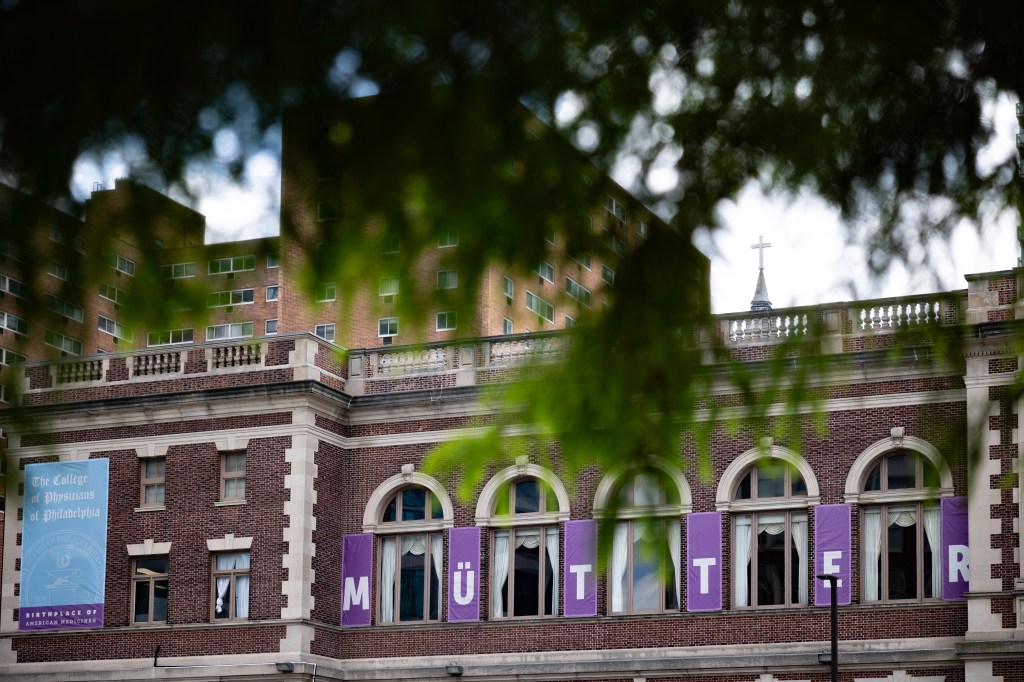The Mütter Museum, a well-known medical history institution in Philadelphia that has faced bitter controversy over the past couple years, recently announced a new policy for exhibiting human remains.
Announced at a press event on August 19, the policy will shift how the museum shows human remains in its collection, focusing more on the lives of patients and changes in medical history over time.
“This process and ongoing research by our collections team demonstrate that the public debate about whether to exhibit human remains presents a false choice,” Sara Ray, the museum’s senior director of interpretation and engagement, told WHYY, which first reported news of the policy. “Instead, the question is whether we can exhibit human remains in a way that does justice, both to the people whose remains we hold while also doing justice to the public that we serve. The answer to this question is ‘yes.’”
Related Articles

“Each of the human remains within our collection was, after all, once a patient just as you are today,” she added, noting that the museum’s new approach will be reflected in updates to its guided tours, object labels, and digital materials.
The Mütter Museum’s new policy was the result of the Postmortem Project, a two-year endeavor involving focus groups, open house meetings, and an interactive exhibit, according to WHYY.
The institution, which is run by the College of Physicians of Philadelphia, attracts more than 100,000 visitors per year to its displays of medical instruments, anatomical models, and other biological specimens. Its prior tagline was “disturbingly informative.”
But for the last two years, the Mütter Museum has been the subject of public backlash after former executive director Kate Quinn removed all of its online exhibits and videos on YouTube as part of an ethical review of its entire collection in June 2023.
During that time, many US museums also began reconsidering prior policies on human remains in their collection. That period of reconsideration followed a ProPublica investigation found an estimated 100,000 remains of Indigenous people across were still held by various institutions three decades after a federal law was passed requiring their return.
Staff departures and leadership changes at the Mütter Museum followed Quinn’s controversial changes to the institution’s offerings. She left her post on April 7.

